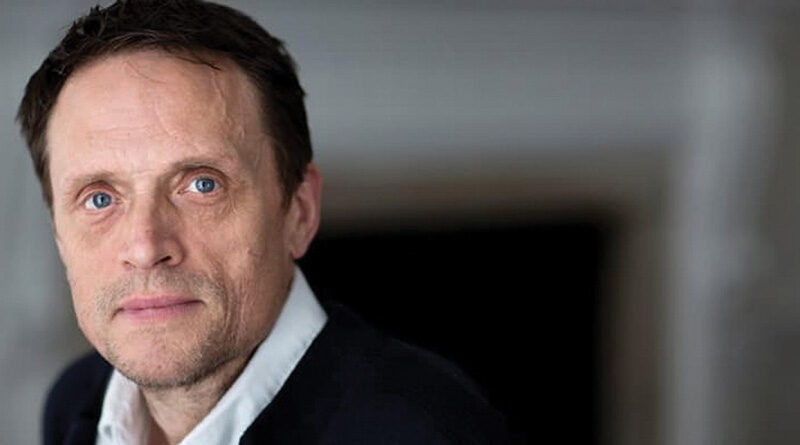NHS Confederation Responds to January’s New Strikes Dates
Responding to the confirmation of new strike dates that have been announced for January, Matthew Taylor chief executive of the NHS Confederation, said:
“Health leaders will breathe a sigh of relief on behalf of their staff and patients that next week’s ambulance strikes have been called off but with four days to prepare for in January, they know that trouble awaits.
“No health leader wants to be in this situation and the new strikes announced for January could have been avoided had the government attempted to find more common ground with the unions pay. The government cannot just sit back and let these strikes happen when patient care is on the line and the unions must honour their commitment to protect “life and limb”.
“It’s clear this is becoming critical and the worry is that NHS will be held hostage to this position of stalemate between both sides. This benefits no one and the government must act and reach a compromise with trade unions now.”
Impact on Services
Commenting on the impact strakes have has so far Mr Taylor said: “No NHS leader wanted to be in this situation in the first place and are very aware of the disruption that the strikes have caused already, with 25,000 rescheduled procedures and much longer response times for ambulance calls. The strikes haven’t caused these cancellations and delays but they are making them worse, and that’s why the government and trade unions cannot afford to let this situation drift. We need talks to resume and a swift solution reached.
“The full effects of the strikes won’t be known for many days and weeks, but we are now starting to see the ramifications. We are seeing an increase in ‘walk-ins’ to emergency departments and a slow-down in patients being discharged from hospital. Both will serve to clog up local services and lead to greater delays over the Christmas period.
“Many NHS leaders are concerned about the impact on services as we head into the holiday period. Some are already more than 90% full to capacity, with little or no slack for new patients that need a bed.
“But this isn’t just about hospitals as existing pressures combined with the knock-on impact of the strikes are piling even more pressure on community services, mental health and GPs. In primary care, we are being told by some of our members that some patients are presenting to primary care very unwell, often requiring oxygen. There is a general increase in calls and demand, including more requests to assess falls in care homes. In many ways, the extra demands on our primary care services are hidden from view but they are no less critical.
“It’s clear that the NHS is very fragile at the moment, and it doesn’t take much to push it off kilter. That’s why we continue our plea to the Prime Minister and trade unions to resume talks in order to avert planned and future strikes. Without a swift national resolution, patients will continue to suffer and that can’t be allowed to happen.”





